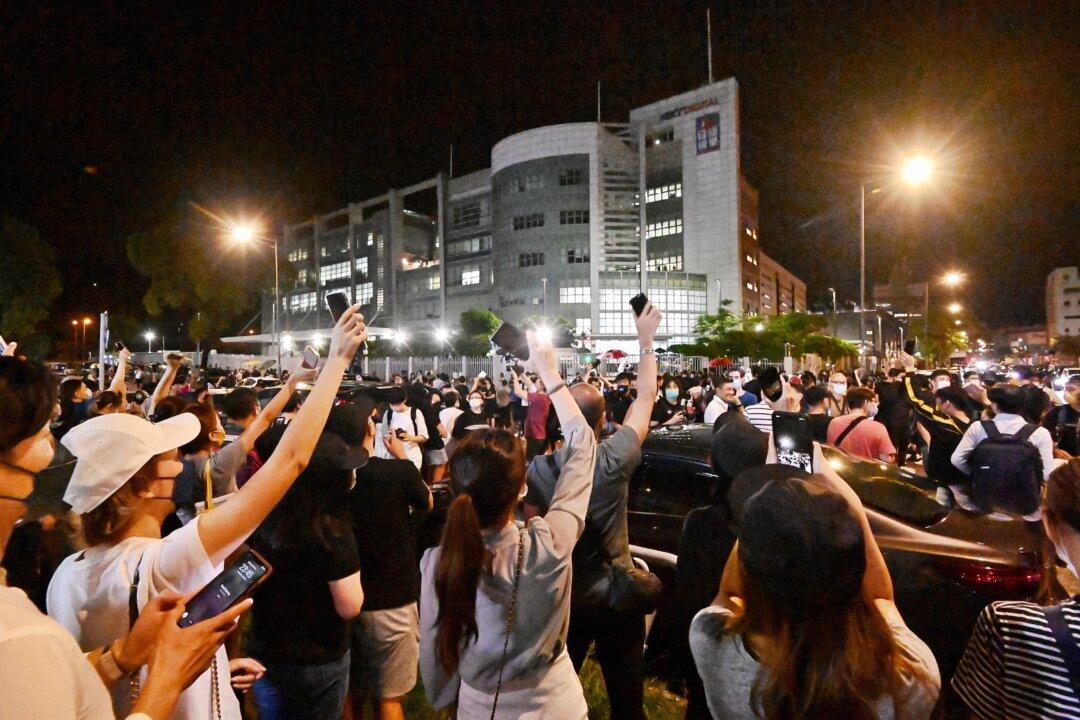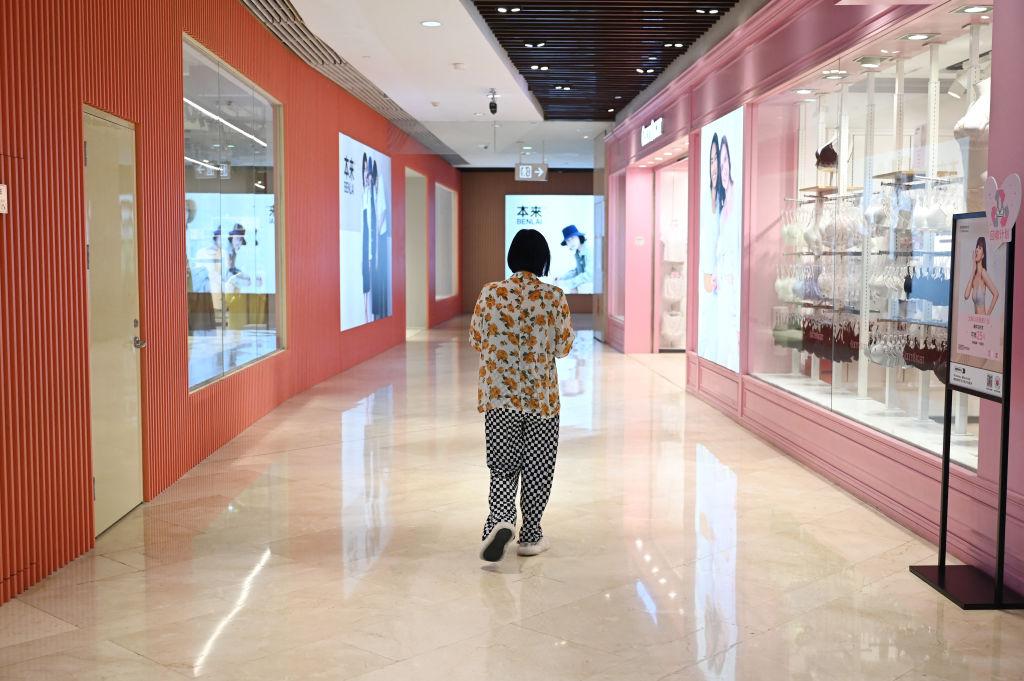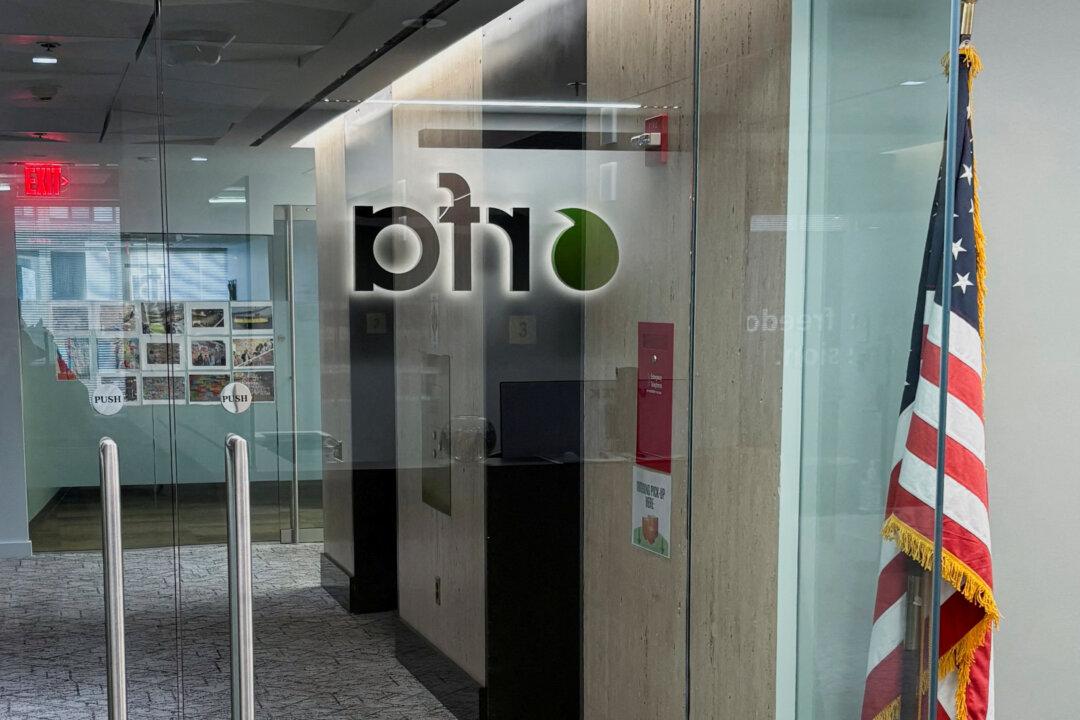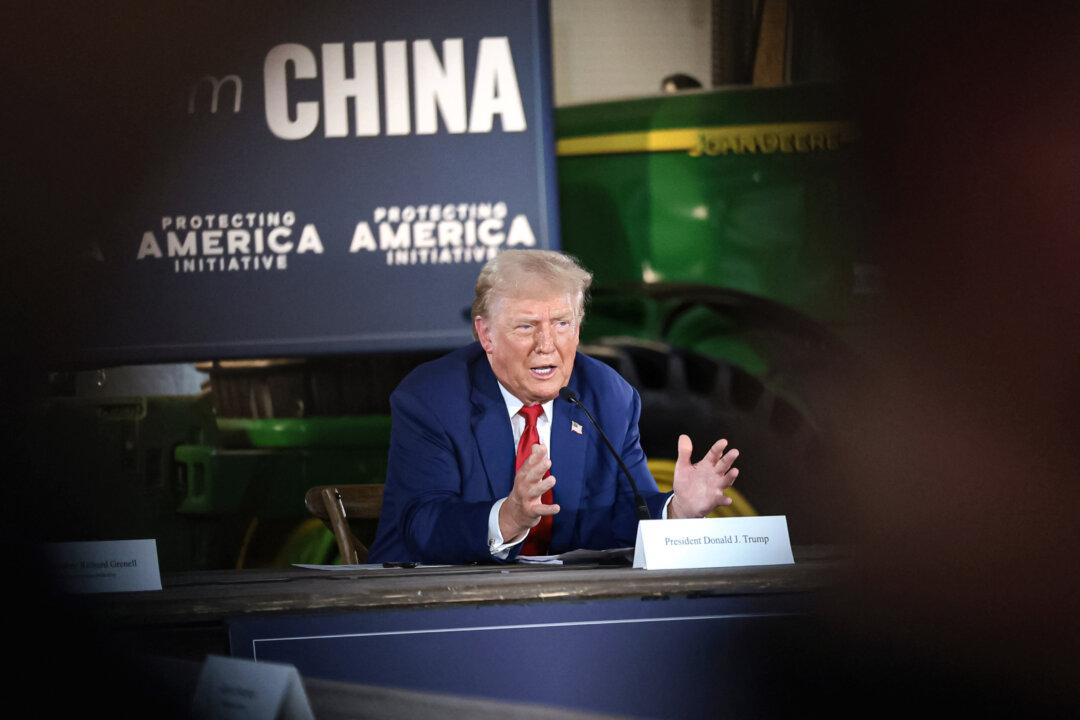Commentary
“It was the best of times, it was the worst of times, it was the age of wisdom, it was the age of foolishness, it was the epoch of belief, it was the epoch of incredulity, it was the season of Light, it was the season of Darkness, it was the spring of hope, it was the winter of despair … We had nothing before us, we were all going direct to Heaven, we were all going direct the other way.”This opening passage from Charles Dickens’ “A Tale of Two Cities” is one of the most famous passages in literature. Yet, it has never resonated with me as much as it does today. It almost feels like Dickens was writing about today’s Hong Kong, rather than the French Revolution.
When millions marched together on Hong Kong’s streets, the world saw the best of Hong Kong. At the same time, we were witnessing the death of freedom, police brutality, and the collapse of Hong Kong’s civil rights—the worst times of Hong Kong history.





